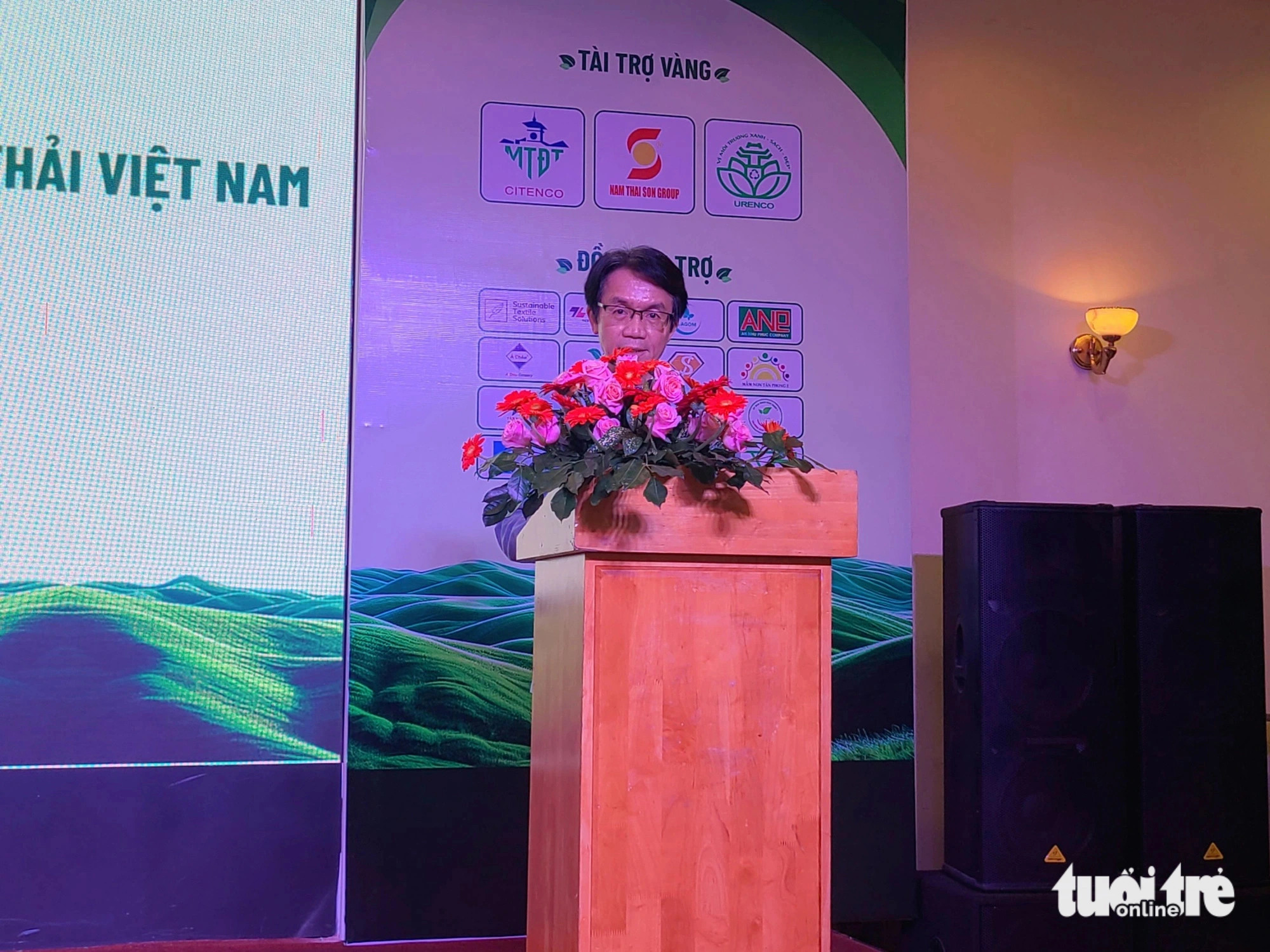Companies specializing in recycling low-value waste like multilayered packaging, plastic bags, milk cartons will receive policy incentives from the Extended Producer Responsibility (EPR) mechanism in Vietnam.
EPR is a policy approach to deal with wastes, promote recycling, and help the government to achieve its environmental goals.
Phan Tuan Hung, head of the Ministry of Natural Resources and Environment’s Department of Legal Affairs, elaborated that low-value recyclable waste receives little care from businesses in the industry, citing high recycling costs, low profits, and heavy investment in new technologies.
Meanwhile, there are stable recycling markets for high-value waste such as plastic bottles, cartons, iron and steel items.
Therefore, recyclers ready to make thorough investment in technology and develop new effective recycling solutions will be given financial aid via the EPR mechanism, he said at a celebration of the third anniversary of the establishment of the Vietnamese Waste Recycling Association held last week in Ho Chi Minh City.
The official believed that the financial aid from the EPR mechanism will not only help protect natural resources but also ease pressure on the state budget to treat and bury waste.
Regarding support policies for recycling companies in Vietnam, the Vietnam Environment Protection Fund, a state financial institution under the Ministry of Natural Resources and Environment, will offer preferential loans at a fixed annual rate of 2.3 percent during the loan period to projects on environmental protection, renewable energy generation, and recycling, according to Tran Thanh Nam, head of the fund’s credit department.
The maximum loan term is 10 years and a maximum loan amount is equivalent to 80 percent of a project’s total investment.
The fund offers a loan limit of VND36.6 billion (US$1.4 million) to each project and no more than VND73.2 billion ($2.9 million) to each project developer.
Like us on Facebook or follow us on Twitter to get the latest news about Vietnam!


















































